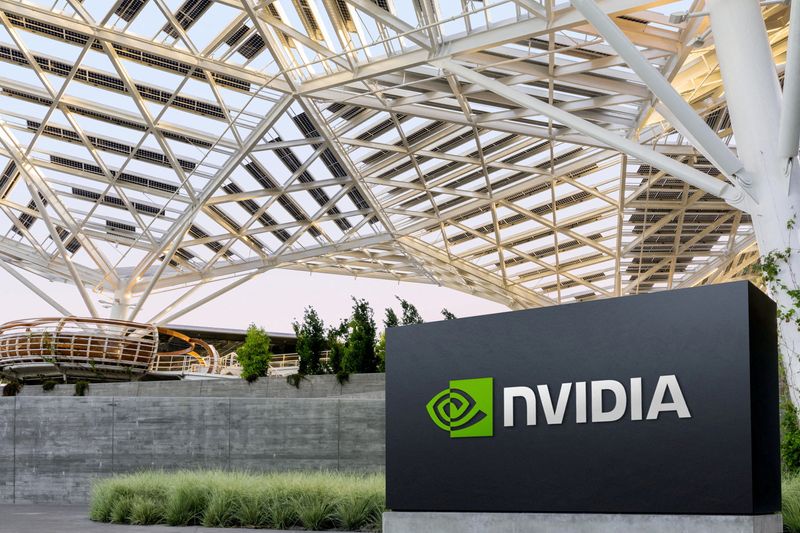Investing.com — Google parent Alphabet (NASDAQ:) highlighted with its third quarter earnings report Tuesday night that it spent $13.1 billion on capex in the quarter, up 62% from the $8.1 billion spent in the same quarter last year. Further, Google expects to spend the same amount on capex in the fourth quarter. All in, this suggests Google’s 2024 total capex spending of $51.4 billion, up 59% from last year. Looking to 2025, Google said capex will again increase but not at the same level.
Of course, much of this increase in capex spending is due to the company’s AI investment, and NVIDIA (NASDAQ:) is thought to be getting a large chunk of the increased budget.
Google confirmed on its conference call that much of the capex spending is going to its technical infrastructure. The largest component is investment in servers, followed by data centers and networking equipment, the company said.
Google CEO Sundar Pichai said the company is “well positioned because in our AI infrastructure… [w]e have all the leading AI accelerators, GPUs, TPUs, as well as CPUs, and we are investing in all of them.”
Speaking about its relationship with NVIDIA, Pichai said they have a “wonderful partnership” with the AI giant, and they are “excited for the GB200s, and we will be one of the first to provide it at scale.”
GB200 refers to NVIDIA’s Blackwell AI Superchips and servers, which will start shipping in the current quarter.
Analysts at ItauBBA view the Google earnings capex update as neutral and within market expectations. However, they are still making a tactical buy call on NVIDIA ahead of earnings from the company’s other large partners – Meta (NASDAQ:) and Microsoft (NASDAQ:), which are both set to report earnings Wednesday after the close.
The analyst highlights that while META has postponed its annual capex/opex guidance to Q4 2024 instead of the usual third quarter, it will likely prepare the market for higher numbers in stages, which could hint at a bullish stance for NVDA. Meanwhile, MSFT may face quarterly capex volatility due to Blackwell delays, but is expected to take a conservative approach in guiding its investment plans. If either of these scenarios unfolds, NVDA could potentially outperform, they said.

